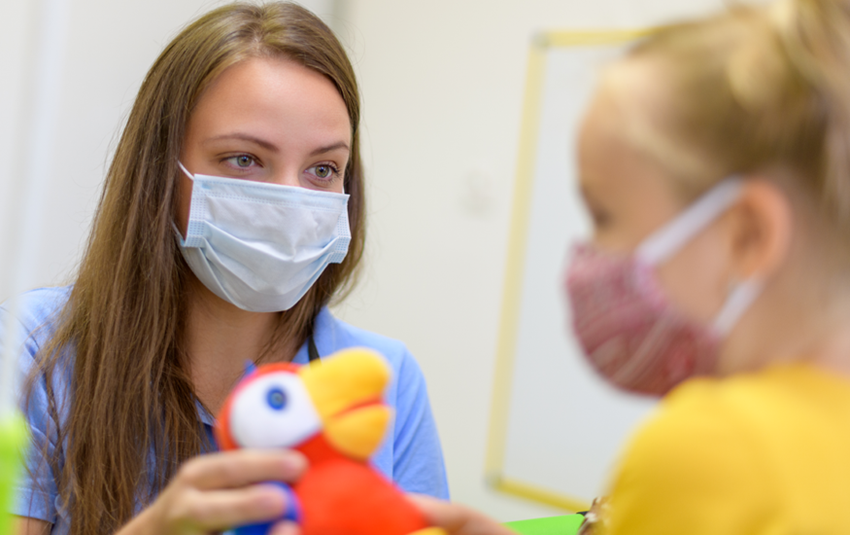Previous
Assistant psychologist
You are likely to need at least a 2:1 honours degree from a BPS-accredited psychological degree programme to meet the entry requirements for clinical psychology training.
Clinical associates in applied psychology (CAAPs) are specialist mental health professionals who work in healthcare. They work either in primary care and adult mental health settings, or in a range of areas involving children, young people and their families. They work under the supervision of a clinical psychologist to reduce psychological distress and promote psychological well-being.
They use psychological methods and research to offer evidence-based help. Their goal is to support people to make a positive change to their lives.
With highly developed research skills, CAAPs carry out evaluation to inform their decisions.

To become a CAAP, you need a good standard of education. Useful subjects include:
Speak to your guidance teacher or careers adviser about subjects offered at your school.

You may find it helpful to get some healthcare experience by doing a work placement or volunteering. You’ll get training, increase your knowledge, and learn new skills. This could help you when applying to university, college or a new job with NHSScotland.
Most universities accept a wide range of qualifications, so you have the option of applying directly from school or going to college first.
At college, you could do a Higher National Certificate (HNC) or Higher National Diploma (HND) to set you on the right path. These include:
You can search for college courses on My World of Work.
Widening participation supports adult learners who want to go to university. If you’re an adult with few or no qualifications, you could get into higher education through the Scottish Wider Access Programme (SWAP). Many universities also provide access programmes to help you get the degree entry qualifications you need.
In Scotland, you can study for an MSc in Applied Psychology specialising in either primary care and adult mental health or children, young people and families. These courses take one year to complete. The universities that offer this course are:
To gain access to these courses, your undergraduate degree will need to be accredited by the British Psychological Society (BPS) for the Graduate Basis for Chartership (GBC).
You are likely to need at least a 2:1 Honours degree from a BPS-accredited psychological degree programme to meet the entry requirements for clinical psychology training. If you already have an undergraduate degree in a different subject, you can undertake a conversion course in psychology to gain the GBC.
As a CAAP, your aim is to reduce the distress and improve the psychological wellbeing of your client under the supervision of a clinical psychologist. You will help patients with a variety of mental and physical health conditions, including:
Tasks include:
You’ll need these skills:
You’ll work with a range of people, including:
You could work in:
As a CAAP, you would be expected to undertake continuing professional development (CPD). This is in order to keep your knowledge and skills up to date. It can include:
The British Psychological Society (BPS) is the professional body for psychologists in the UK. They offer 3 levels of membership:

Discover the skills and qualifications you’ll need for each role and what the work will be like.
Explore careers
Our blog includes how-to guides, case studies, and career resources.
Discover more